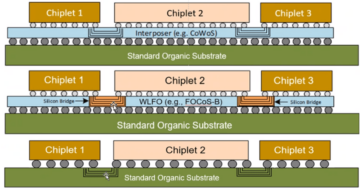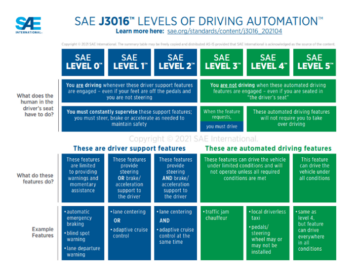
A new technical paper titled “Beyond Random Inputs: A Novel ML-Based Hardware Fuzzing” was published by researchers at TU Darmstadt and Texas A&M University.
Abstract
“Modern computing systems heavily rely on hardware as the root of trust. However, their increasing complexity has given rise to security-critical vulnerabilities that cross-layer at-tacks can exploit. Traditional hardware vulnerability detection methods, such as random regression and formal verification, have limitations. Random regression, while scalable, is slow in exploring hardware, and formal verification techniques are often concerned with manual effort and state explosions. Hardware fuzzing has emerged as an effective approach to exploring and detecting security vulnerabilities in large-scale designs like modern processors. They outperform traditional methods regarding coverage, scalability, and efficiency. However, state-of-the-art fuzzers struggle to achieve comprehensive coverage of intricate hardware designs within a practical timeframe, often falling short of a 70% coverage threshold. We propose a novel ML-based hardware fuzzer, ChatFuzz, to address this challenge. Our approach leverages LLMs like ChatGPT to understand processor language, focusing on machine codes and generating assembly code sequences. RL is integrated to guide the input generation process by rewarding the inputs using code coverage metrics. We use the open-source RISCV-based RocketCore processor as our testbed. ChatFuzz achieves condition coverage rate of 75% in just 52 minutes compared to a state-of-the-art fuzzer, which requires a lengthy 30-hour window to reach a similar condition coverage. Furthermore, our fuzzer can attain 80% coverage when provided with a limited pool of 10 simulation instances/licenses within a 130-hour window. During this time, it conducted a total of 199K test cases, of which 6K produced discrepancies with the processor’s golden model. Our analysis identified more than 10 unique mismatches, including two new bugs in the RocketCore and discrepancies from the RISC-V ISA Simulator.”
Find the technical paper here. Published April 2024.
Mohamadreza Rostami, Marco Chilese, Shaza Zeitouni, Rahul Kande, Jeyavijayan Rajendran, Ahmad-Reza Sadeghi.arXiv:2404.06856v1
- SEO Powered Content & PR Distribution. Get Amplified Today.
- PlatoData.Network Vertical Generative Ai. Empower Yourself. Access Here.
- PlatoAiStream. Web3 Intelligence. Knowledge Amplified. Access Here.
- PlatoESG. Carbon, CleanTech, Energy, Environment, Solar, Waste Management. Access Here.
- PlatoHealth. Biotech and Clinical Trials Intelligence. Access Here.
- Source: https://semiengineering.com/hardware-fuzzer-utilizing-llms/
- :has
- :is
- 10
- 2024
- 52
- a
- Achieve
- Achieves
- address
- an
- analysis
- and
- approach
- April
- April 2024
- ARE
- AS
- Assembly
- At
- attain
- bugs
- by
- CAN
- cases
- challenge
- ChatGPT
- code
- Codes
- compared
- complexity
- comprehensive
- computing
- concerned
- condition
- conducted
- coverage
- designs
- detecting
- Detection
- during
- Effective
- efficiency
- effort
- emerged
- Exploit
- Exploring
- explosions
- Falling
- falling short
- focusing
- formal
- from
- Furthermore
- generating
- generation
- given
- Golden
- guide
- Hardware
- Have
- heavily
- However
- HTTPS
- identified
- in
- Including
- increasing
- input
- inputs
- integrated
- intricate
- IT
- jpeg
- just
- language
- large-scale
- leverages
- like
- limitations
- Limited
- machine
- manual
- Marco
- methods
- Metrics
- minutes
- model
- Modern
- more
- New
- novel
- of
- often
- on
- open source
- our
- Outperform
- Paper
- plato
- Plato Data Intelligence
- PlatoData
- pool
- Practical
- process
- Processor
- processors
- Produced
- propose
- provided
- published
- random
- Rate
- reach
- regarding
- regression
- rely
- requires
- researchers
- rewarding
- Rise
- root
- Scalability
- scalable
- security
- Short
- similar
- simulation
- simulator
- slow
- State
- state-of-the-art
- Struggle
- such
- Systems
- Technical
- techniques
- test
- texas
- than
- that
- The
- their
- they
- this
- threshold
- time
- timeframe
- titled
- to
- Total
- traditional
- Trust
- two
- understand
- unique
- university
- use
- using
- Utilizing
- Verification
- Vulnerabilities
- vulnerability
- was
- we
- when
- which
- while
- window
- with
- within
- zephyrnet












